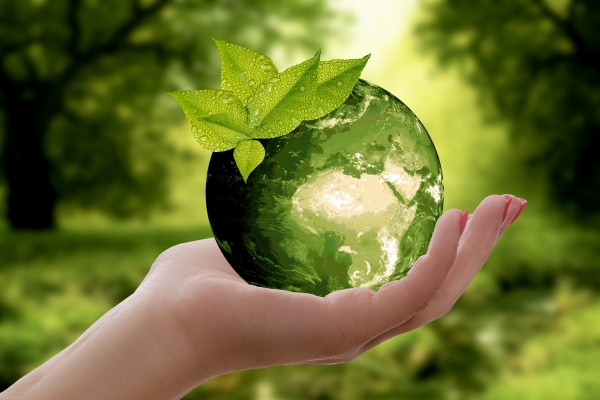What goes around – recycled materials
20/03/23

As well as thinking carefully about how we make our equipment for our leisure and educational activity areas, we also try to make our entire business as environmentally-friendly as possible. We do this in all kinds of ways. We are all familiar with recycling waste in our homes and it has become second nature. 20 years ago, everything went in a black bin bag and that was that. The concept of household recycling was something people just didn’t give any thought to. They also didn’t think about where all this waste went – the logistics of disposing of thousands of tonnes of household material entirely passed us by. As far as most of us were concerned, it just vanished.
Environmental impact
Fast forward 20 years and it’s a very different story, with every part of our household waste now scrutinised, separated and disposed of or recycled. There is still a list of many items that cannot be recycled – things like drinking glasses, Pyrex and crockery, toothpaste and other squeezable tubes, and black plastic food trays. Crisp packets are a real problem – we eat over five billion packets of crisps a year in the UK , but there isn't a single council that collects crisp packets to recycle them. Heavy items such as cat litter are still a problem too, plus food and anything that has been tainted by food. But in the main, recycling has been transformed by some clear policies and a great deal of effort by certain people, to make sure recycling is taken seriously. It has also been highlighted even more, by the impact we are having on the planet itself, through our waste and the manufacture of wasteful, single-use products. All this is being addressed, to curb future environmental damage as much as possible.
Entirely recyclable
Recycling has seen its biggest innovation in the reuse of both household and business waste. Manufacturers have ensured that over time materials have changed, so that many aspects of, for example food outer packaging, have been massively reduced and entirely recyclable. At Ace Play, we help sustainability by recycling as many items as we can. For example, we recycle items such as rubber and plastic bottle tops. As part of our Environmental Policy, we acknowledge that we have a duty to reduce the effects of our activities on the environment. As a responsible company, we have been recycling 99% of all High Density Polyethylene – or HDPE – waste material since we started out in 2010 and it’s company policy to recycle as much waste as possible in all aspects of our work.
A great example of something that has become entirely recyclable is plastic milk bottles, which are also made from HDPE. You should see a number 2 in the recycling symbol on the bottle indicating this. HDPE is easy to turn back into new milk bottles – and many other things too. It is today the most widely-used plastic and the ease with which it can be recycled makes it in high demand and valuable to recycling companies. We work closely with Fahr Industries, which operates a free recycling scheme of HDPE parts, including any HDPE panels that are no longer wanted – due to age or damage – from our equipment.
If you would like to learn more about how we help the environment and recycle, as we create exciting, sustainable activity or educational spaces, then visit our website today to read more.







